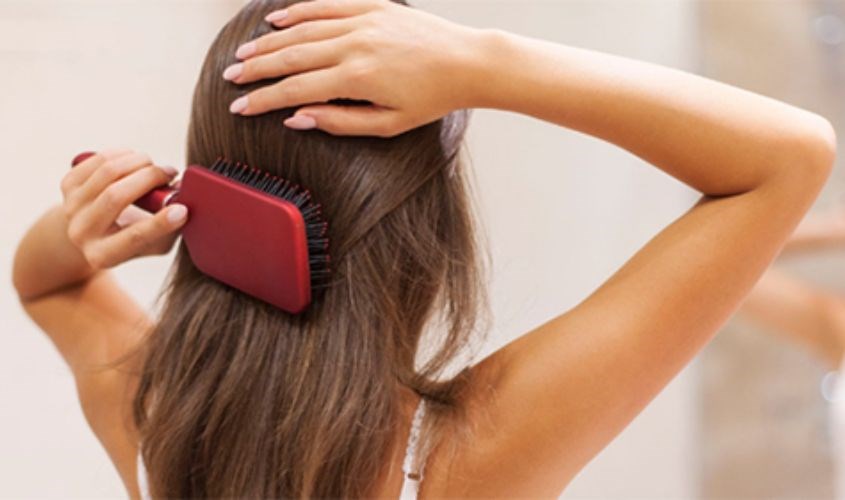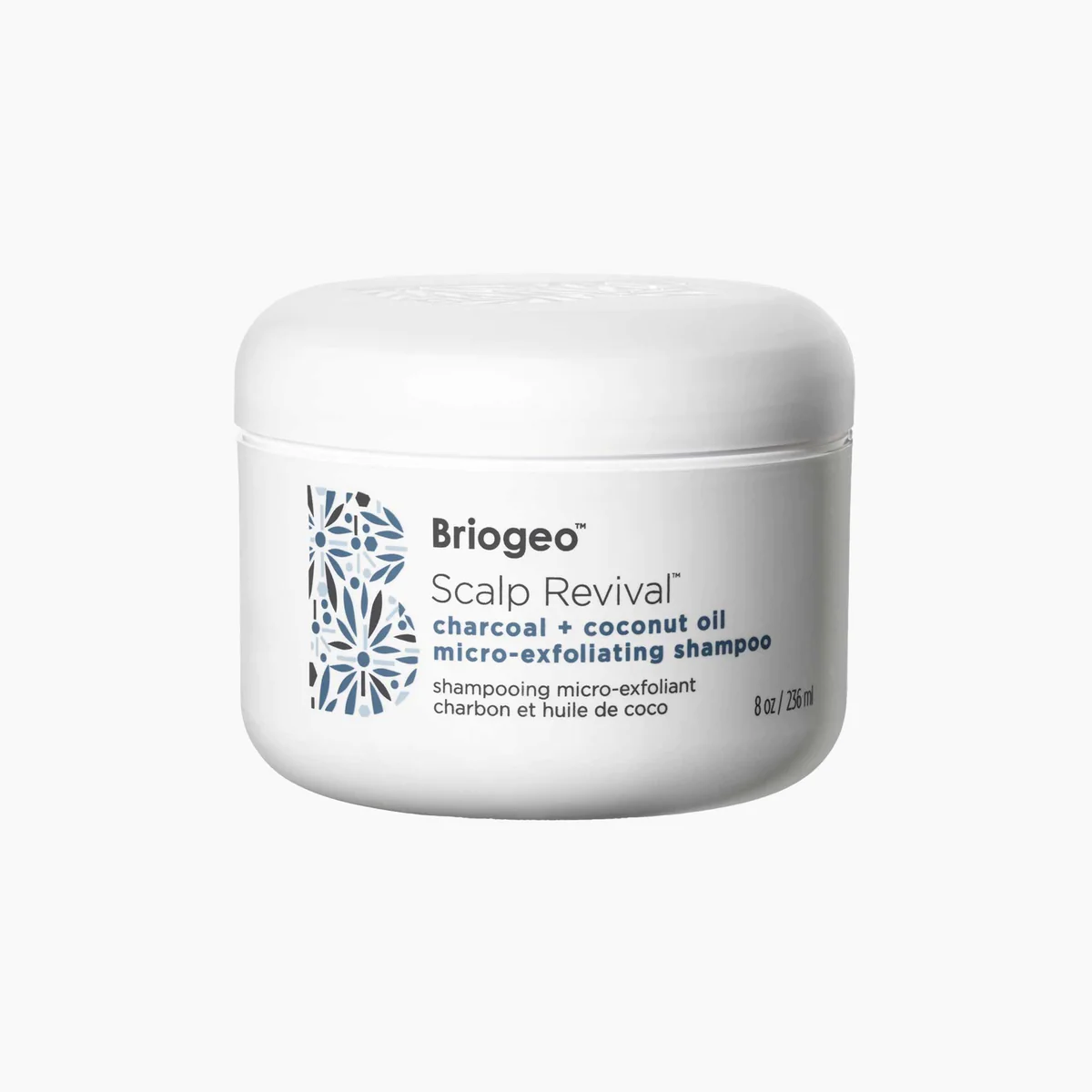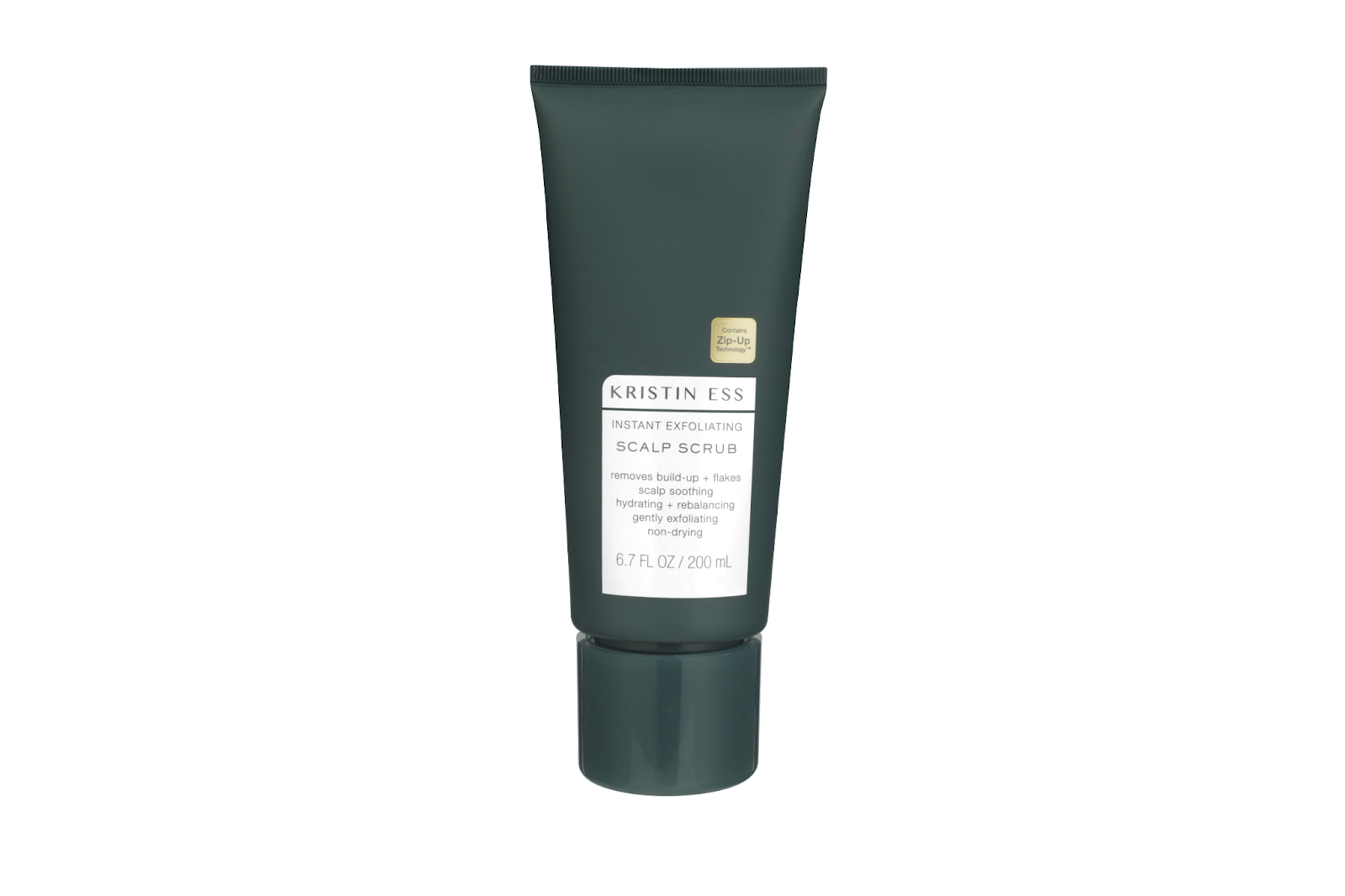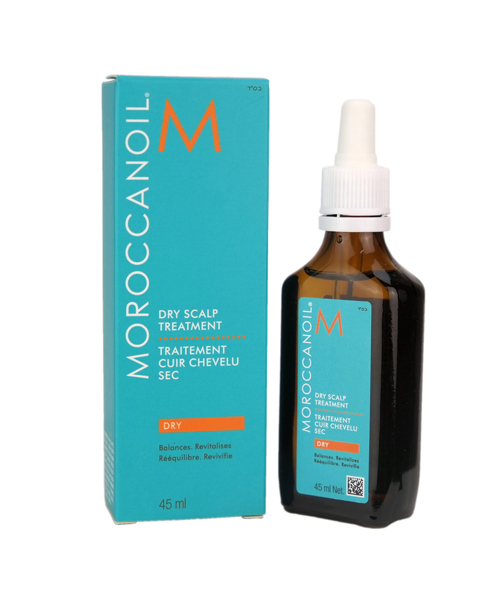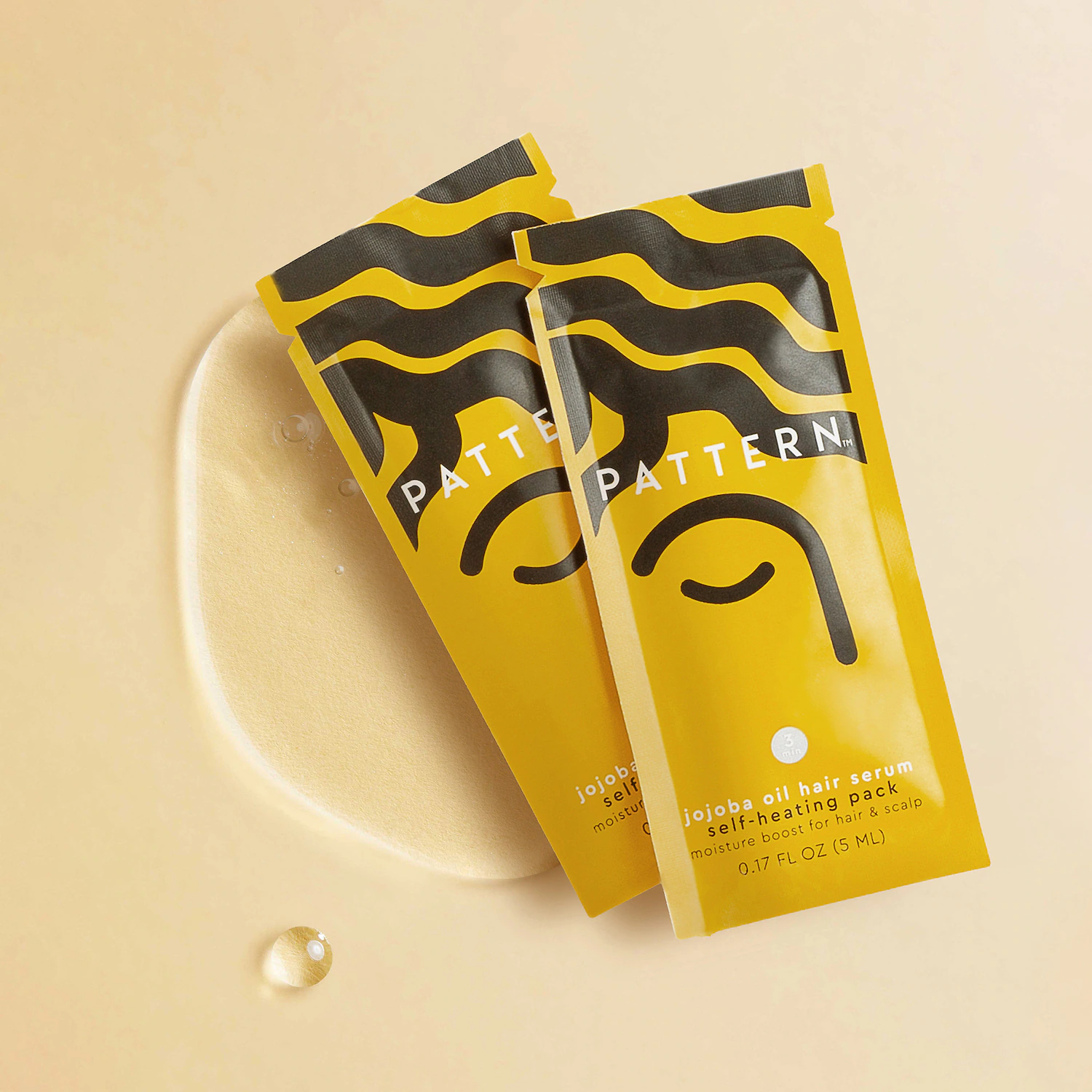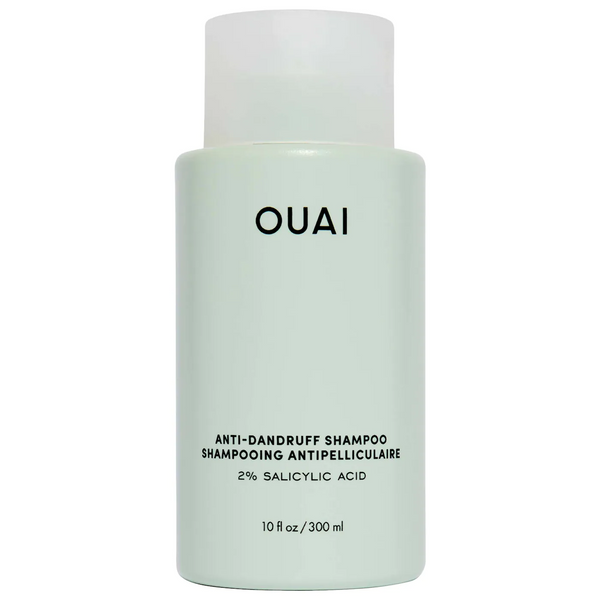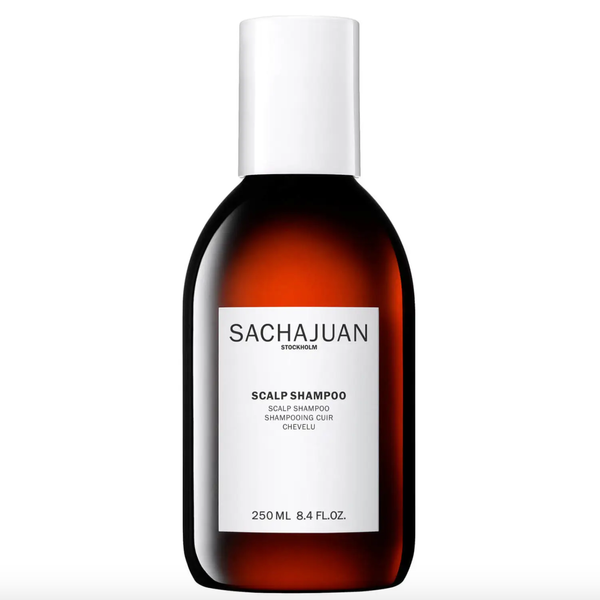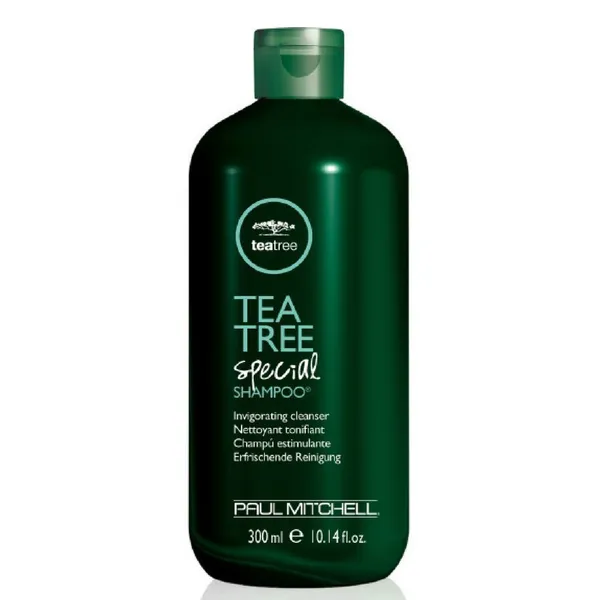Your skin, a reflection of your overall health, thrives on the nutrients you provide. As your body’s largest organ, it depends on vitamins for growth, repair, and protection. A radiant complexion often indicates a balanced diet rich in these essential building blocks. To achieve clearer skin, it’s crucial to understand the role of nutrition and identify key vitamins and minerals that nourish and revitalize your complexion.
OVERVIEW OF SKIN HEALTH
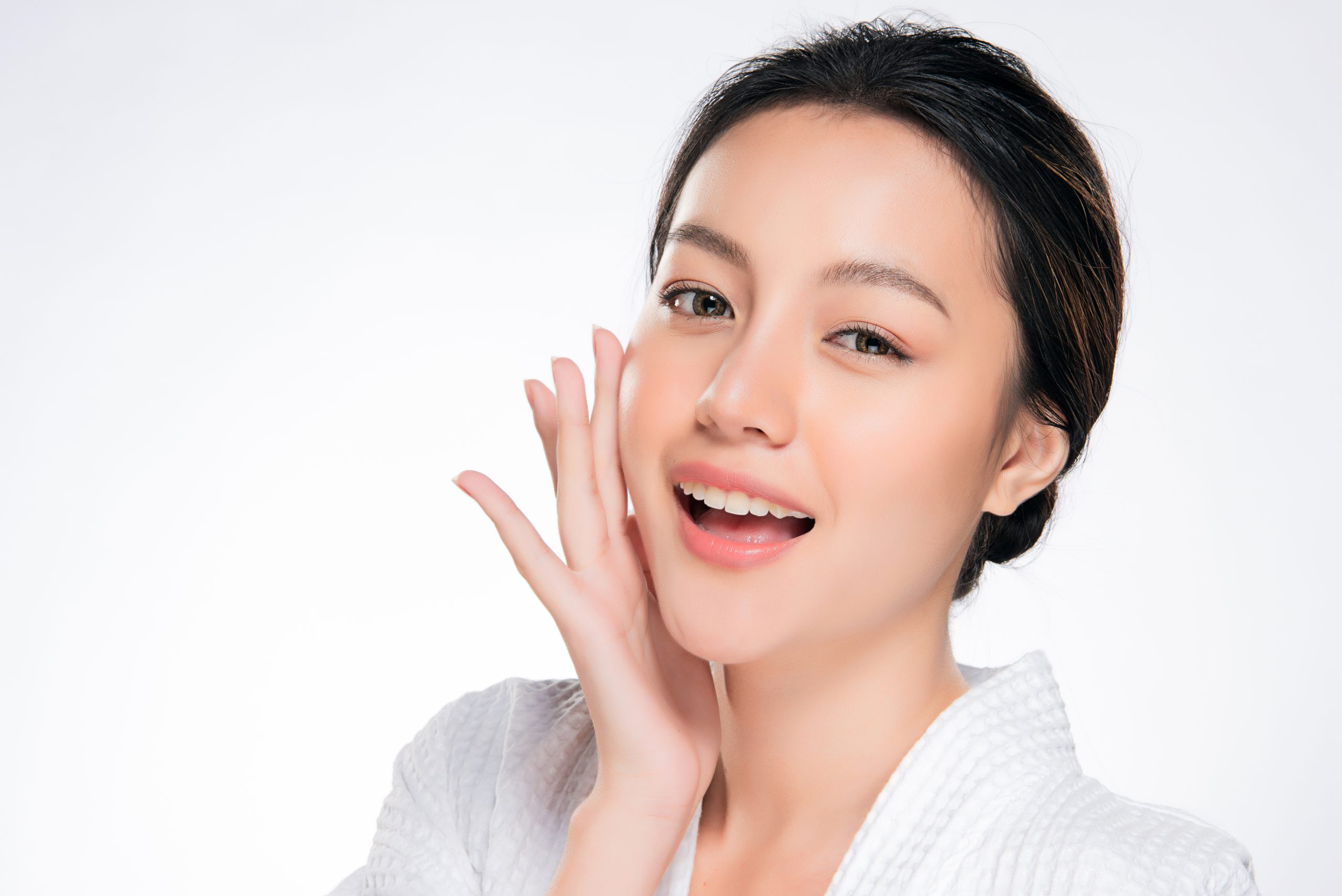
The skin is a complex organ composed of multiple layers with distinct functions. The outer epidermis shields the body from environmental harm, while the middle dermis, containing collagen and elastin, provides strength and elasticity. The inner hypodermis, rich in fat cells, insulates and cushions.
Factors influencing skin health include age, sun exposure, smoking, diet, stress, and underlying health conditions. Common skin issues range from acne and dryness to more severe conditions like psoriasis and skin cancer.
WHICH VITAMINS ARE GOOD FOR CLEAR SKIN?
VITAMIN B COMPLEX

Vitamin B complex plays a crucial role in maintaining healthy skin. Key vitamins in this group, including niacin (B3), pantothenic acid (B5), and biotin (B7), contribute to skin health and repair. These essential nutrients support the nervous system and facilitate the production of new skin cells. To ensure adequate intake, consider incorporating foods rich in B vitamins into your diet, such as eggs, meat, whole grains, and legumes.
VITAMIN A

Vitamin A is a fat-soluble vitamin essential for maintaining good vision, healthy skin, and overall tissue growth and repair. It can also help manage acne and reduce wrinkles. Adults should aim for 700-900 micrograms daily. Incorporating foods rich in vitamin A into your diet is beneficial. Excellent sources include vibrant vegetables like kale, spinach, carrots, and sweet potatoes.
VITAMIN C
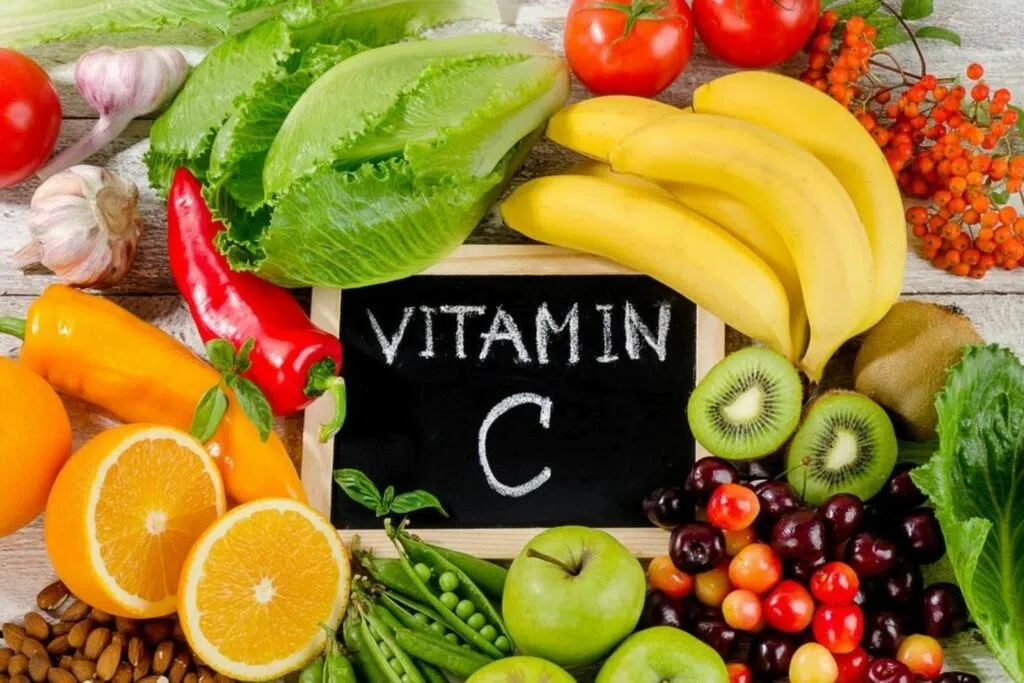
Vitamin C is a powerful antioxidant that shields your skin from the damaging effects of sun exposure and pollution. This essential nutrient also plays a crucial role in collagen production, the protein responsible for maintaining skin’s firmness and smoothness. To incorporate more vitamin C into your diet, consider including citrus fruits, bell peppers, strawberries, and broccoli in your meals.
VITAMIN E
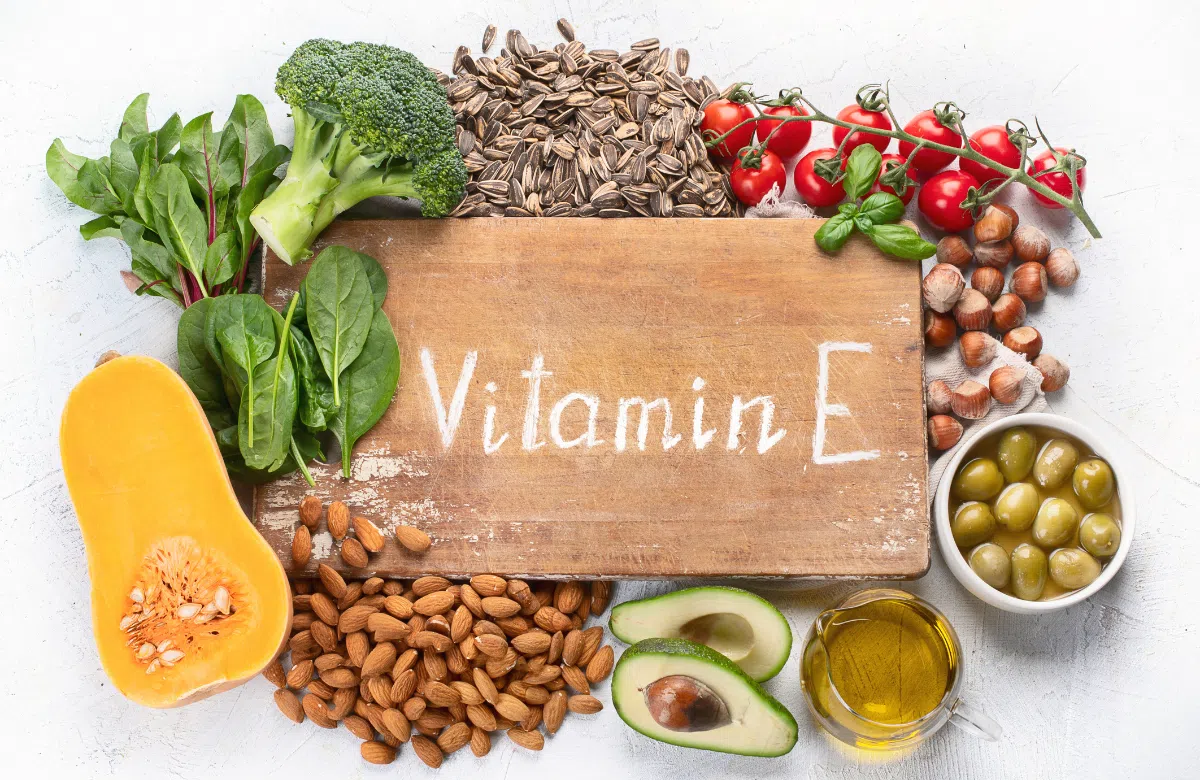
Vitamin E is a powerful antioxidant that shields the skin from harmful free radicals. Its moisturizing properties also help combat dryness and flakiness. This essential vitamin is abundant in a variety of foods, including seeds, nuts, and leafy green vegetables.
VITAMIN K
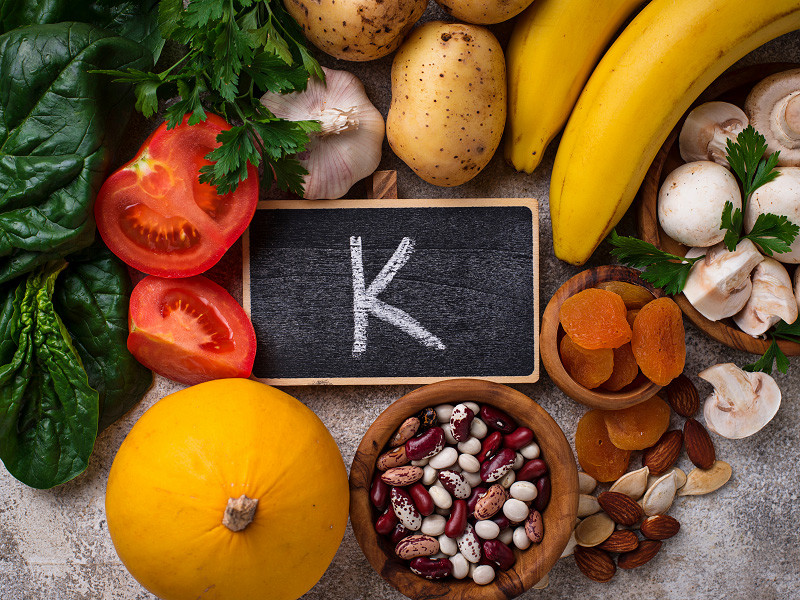
Vitamin K is a vital nutrient essential for the body’s blood clotting process. This plays a crucial role in healing wounds, bruises, and surgical incisions. Beyond its clotting function, vitamin K has potential benefits for skin health, potentially helping to improve the appearance of stretch marks, scars, dark spots, and spider veins. To incorporate this nutrient into your diet, consider including leafy green vegetables, broccoli, and Brussels sprouts in your meals.
VITAMIN D
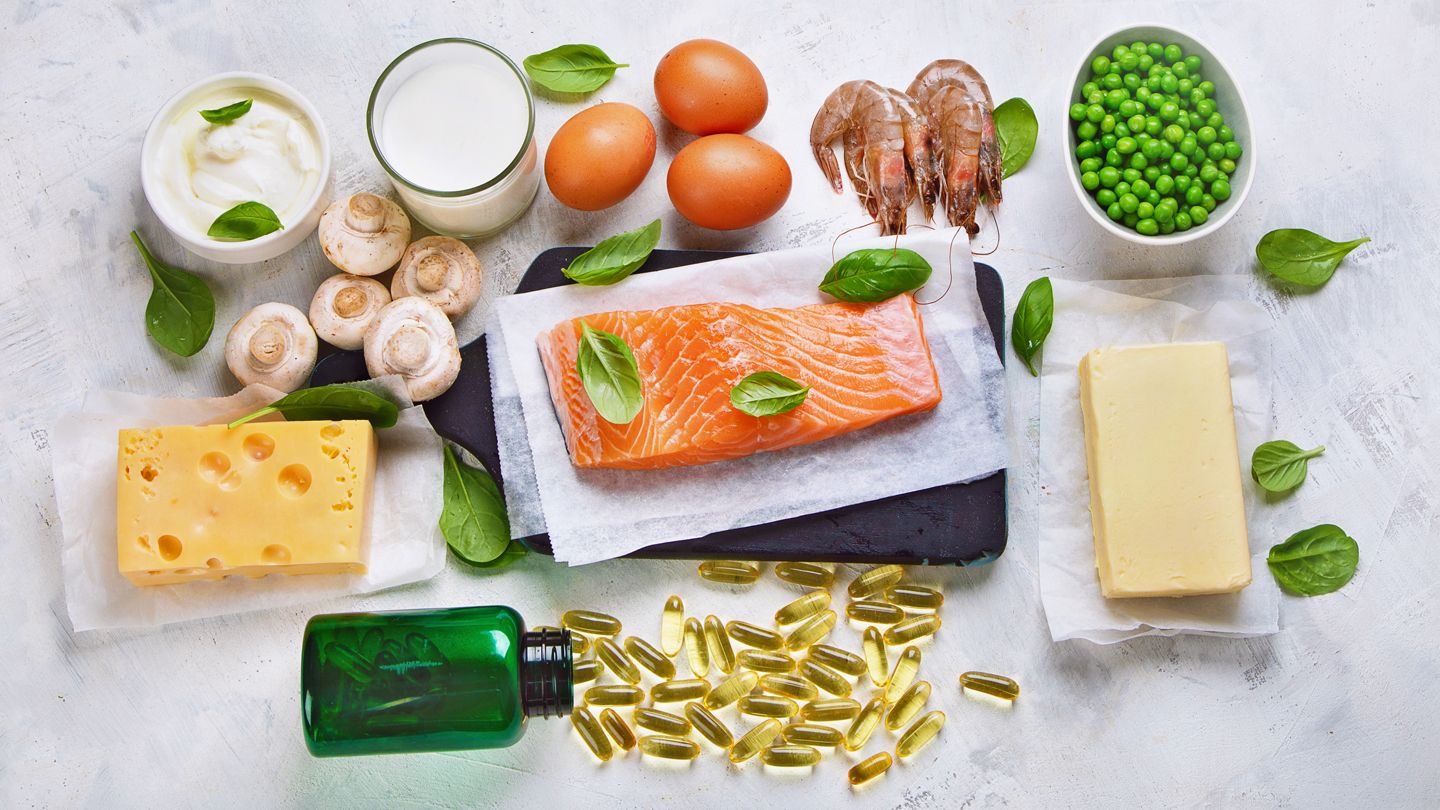
Vitamin D, often dubbed the “sunshine vitamin,” is primarily synthesized by the skin in response to sunlight exposure. It plays a crucial role in promoting skin cell growth and repair while also contributing to the body’s anti-inflammatory response. While obtaining sufficient vitamin D solely from dietary sources can be challenging, certain foods like fatty fish, cheese, and fortified products offer valuable amounts of this essential nutrient.
THE ROLE OF ANTIOXIDANTS IN SKIN HEALTH
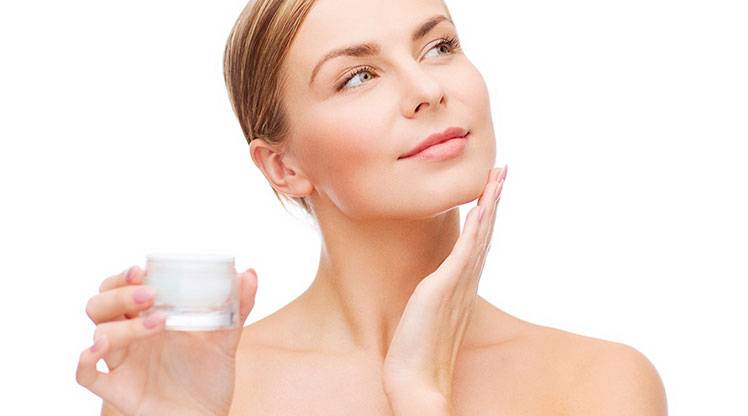
Antioxidants are essential for skin health as they combat the damaging effects of free radicals, unstable molecules generated by environmental stressors. Found abundantly in fruits, vegetables, and vitamins like C and E, antioxidants neutralize harmful free radicals, reduce inflammation, and stimulate skin cell renewal. By incorporating antioxidant-rich foods into your diet, you can promote a more youthful, radiant, and clear complexion as these vitamins bolster the skin’s natural repair mechanisms.
TOP MINERALS FOR CLEAR SKIN
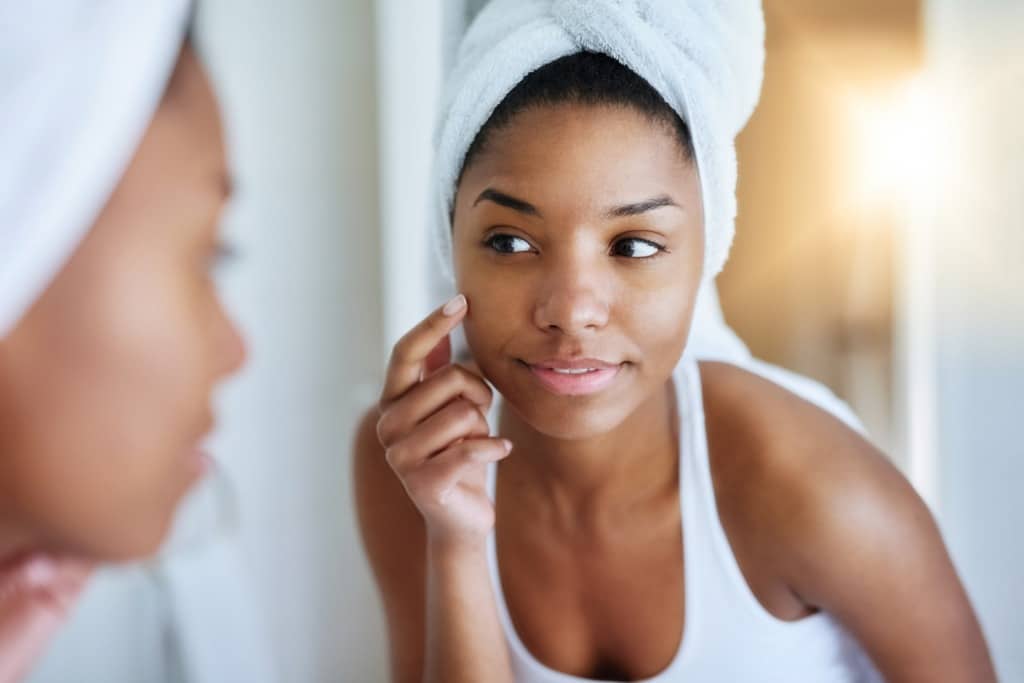
Certain minerals are vital for maintaining clear and healthy skin.
Zinc: regulates oil production, prevents acne, aids wound healing, and reduces inflammation.
Selenium: protects skin from damage and slows aging. Copper boosts collagen and elastin, keeping skin firm and elastic, while also fighting skin infections.
Magnesium: reduces skin inflammation, benefiting those with acne or eczema.
Incorporating these minerals into your diet can contribute to a radiant complexion.
TOP FOODS FOR CLEAR SKIN

Nourishing your skin from within is crucial for a healthy complexion. Incorporating a variety of fruits, vegetables, lean proteins, whole grains, and healthy fats into your diet provides essential vitamins, minerals, and antioxidants that support skin health. These nutrients work together to repair and regenerate skin cells, regulate blood sugar levels, and maintain the skin’s natural moisture barrier, contributing to a clear and radiant complexion.
SKIN CARE ROUTINE FOR CLEAN SKIN
Hydration is essential for maintaining clear, healthy skin. Drinking ample water helps keep your skin plump and supple, preventing dryness and flakiness.
Additionally, staying hydrated aids in the body’s natural detoxification process, helping to flush out impurities that can contribute to skin problems.
By ensuring you consume enough water throughout the day, you’re providing your skin with the necessary support to look its best.
NOTES
While vitamins and minerals are essential for good health, it’s crucial to remember that excessive intake can lead to adverse effects. Consuming too much vitamin A, for instance, may result in nausea, skin irritation, or even hair loss.
Additionally, certain supplements can interact negatively with medications. To avoid potential health risks, individuals taking prescription drugs or managing chronic conditions should always consult a healthcare professional before starting any new supplement regimen.
CONCLUSION
Achieving a radiant and healthy complexion is a holistic endeavor. Proper nutrition fuels your skin from within, providing essential vitamins and minerals for its vitality. By understanding the intricate relationship between diet, skincare, and overall well-being, you can unlock the secret to a complexion that reflects your inner health and radiance.



